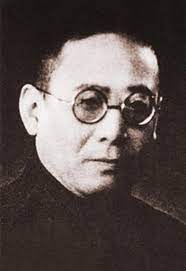Ulanfu (1903-), Tumet Mongol who joined the Chinese Communist party in 1927 and rose to become its principal representative in Inner Mongolia. In the 1950's and early 1960's he dominated party, government, and military structures in that region. Ulanfu became a target ofcriticism during the so-called Cultural Revolution and was removed from his posts in […]






